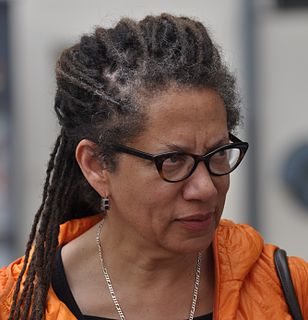A Quote by Thomas Hobbes
Felicity is a continual progress of the desire from one object to another, the attaining of the former being still but the way to the latter.
Related Quotes
What is the cause that one is hardened, and another readily moved to compunction? Listen! It springs from the will, in the latter case a good will, in the former an evil one. It springs also from the thoughts, in the former case evil thoughts, in the latter from the opposite; and similarly from actions, in the former case actions contrary to God, in the latter godly ones... it is by free choice of the will that every person either attains compunction and humility, or else becomes hard-hearted and proud.
If mythic violence is lawmaking, divine violence is law-?destroying; if the former sets boundaries, the latter boundlessly destroys them; if mythic violence brings at once guilt and retribution, divine power only expiates; if the former threatens, the latter strikes; if the former is bloody, the latter is lethal without spilling blood
Social science and humanities ... have a mutual contempt for one another, the former looking down on the latter as unscientific, the latter regarding the former as philistine. ... The difference comes down to the fact that social science really wants to be predictive, meaning that man is predictable, while the humanities say that he is not.
The progress of science has always been the result of a close interplay between our concepts of the universe and our observations on nature. The former can only evolve out of the latter and yet the latter is also conditioned greatly by the former. Thus in our exploration of nature, the interplay between our concepts and our observations may sometimes lead to totally unexpected aspects among already familiar phenomena.









































